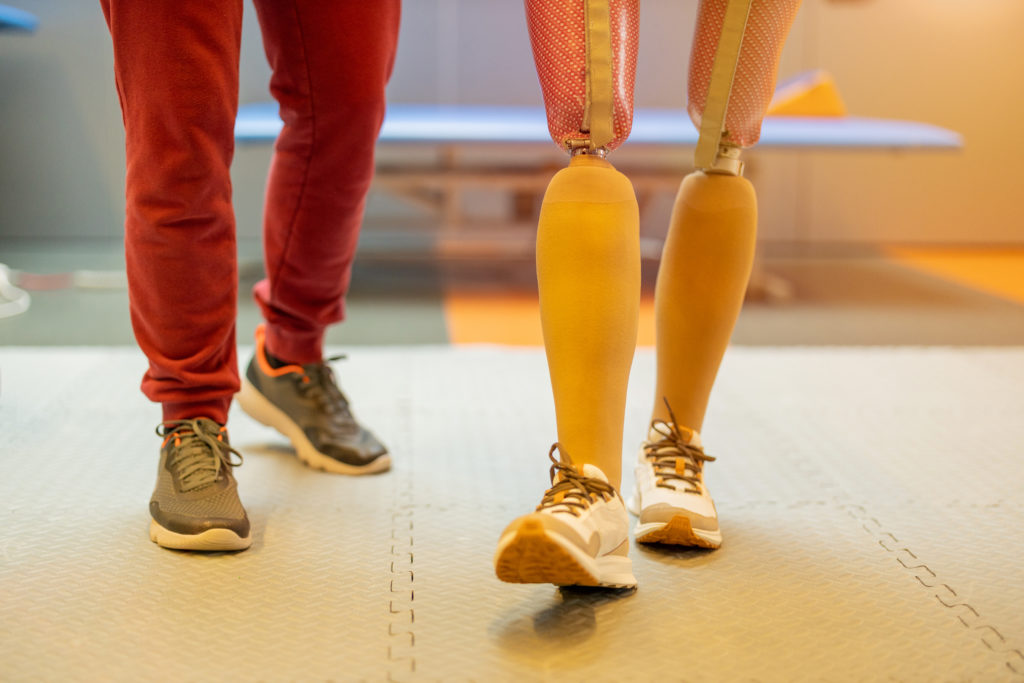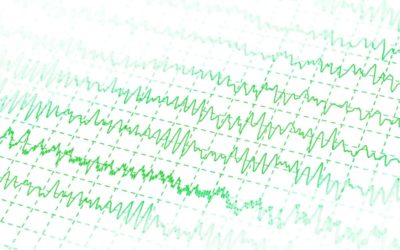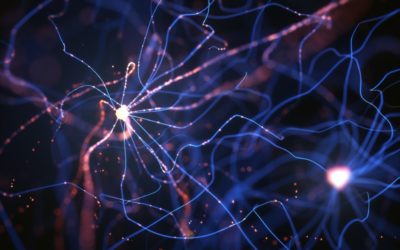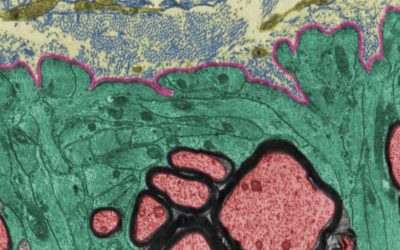Quick Hits
Daily brief research updates from the cognitive sciences

This is the type of study and insight I like. Kind of amazingly simple but effective. Though my headline may seem like promising the world, it isn’t. It simply focused on research into amputees and how they regain movement with artificial limbs of all sorts.
Simply a matter of training you may say. Kind of, but it is a painful and slow process because the body and brain are wired to work with the limbs you had and when they are gone it is a long frustrating process to regain functional movement.
And recent research by Szu-Ping Lee of the University of Nevada, is showing that attentional focus, an issue of the mind, is key to getting this right. This is grounded in sports kinesiology research particularly that of Professor Gabrielle Wulf.
The general approach is to focus on what muscles or joints need to coordinate to make a movement this is similar to what happens in sport. For example, in golf you will be focused on getting the right movement to make your swing, or in baseball, or soccer, or whatever sport it is.
This is an internal focus whereby you are trying move specific muscles or limbs in a complex coordination. The idea of course sounds logical: to get a specific movement you should coordinate your body internally.
However, external focus is different, it focuses only on the outcome. So, in the case of using prosthetics for amputees rather than focusing on the internalised processes you focus on the external: just move, just balance. For example, in golf when putting, you may focus on all internal cues, or simply focus on getting the ball in the hole.
Internal focus can lead to higher frustration with the prosthetic feeling like an additional lump and therefore inhibiting effective usage, whereas external focus focuses on outcomes and so integration of everything to achieve that outcome.
The paper just out focuses on rehabilitation of 21 patients and shows that most of the verbal instructions in therapy are focused on internal cues. Whereby Wulff’s research shows that external cues are more effective. This is by the way also the specialists curse – physical therapists are specialists in how movements connect together so can fall into the trap of getting to internalised rather than just focusing on the simple external cue.
But for now, it is not really mind over matter but changing mind focus to move more effectively – we know that focusing on outcomes rather than internal cues is more effective. This could be true in many areas in life.

Andy Habermacher
Andy is author of leading brains Review, Neuroleadership, and multiple other books. He has been intensively involved in writing and research into neuroleadership and is considered one of Europe’s leading experts. He is also a well-known public speaker, speaking on the brain and human behaviour.
Andy is also a masters athlete (middle distance running) and competes regularly at international competitions (and holds a few national records in his age category).
References
Szu-Ping Lee, Alexander Bonczyk, Maria Katrina Dimapilis, Sarah Partridge, Samantha Ruiz, Lung-Chang Chien, Andrew Sawers.
Direction of attentional focus in prosthetic training: Current practice and potential for improving motor learning in individuals with lower limb loss.
PLOS ONE, 2022; 17 (7): e0262977
DOI: 10.1371/journal.pone.0262977
More Quick Hits
Espresso Combats Alzheimer’s
Quick HitsDaily brief research updates from the cognitive sciences ay, more good news for us coffee drinkers! I am always interested in the research that is coming out with regard to coffee as a coffee drinker. Yes, so I am biased. Coffee had been...
New Brain Signature of Empathy Discovered
Different areas of the brain are associated with empathy – this new research shows how brain regions synchronise to induce empathic responses.
How Your Silent Synapses Boost Brain Power
A new form of “dark matter” has been proven to exist in the brains of adults – that’s good news!
Scientists Say They Know the Secret to Waking Up Alert
Who doesn’t want to wake up alert and sprightly – researchers may have the answer…
How Your Brain Slows You Down When You’re Sick
We all know that feeling of wanting to curl up and sleep when sickness hits – but how that is controlled was unknown. Until now that is…
How Immune Cells Can Rejuvenate Your Brain
There are many ways to rejuvenate your brain – but this is a new mechanism discovered…






